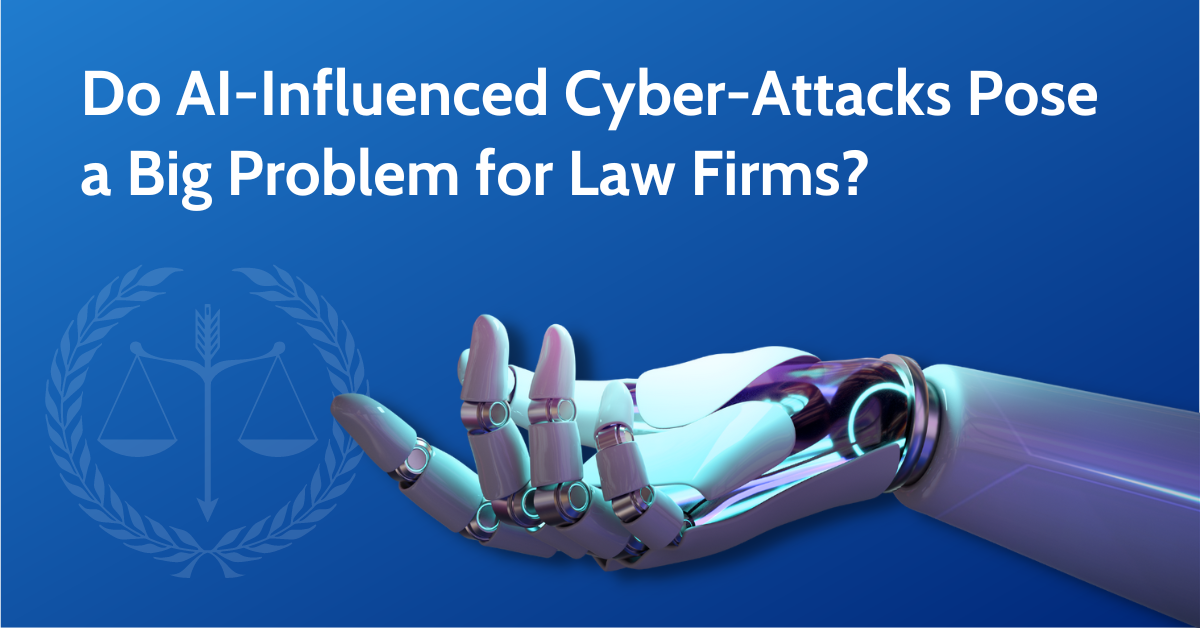What is your lawyer personality type? Personality tests are not going to solve any problems for you, but they can help you to understand how to adjust and react to various people and situations based on your own personality.
Being a lawyer is hard. You are always worried about so many things, like messing up any of the ongoing cases that you have, or hitting your targets at the end of the month. Younger lawyers have expressed their frustration with practising law, like not understanding or getting along well with their colleagues, not integrating well into “firm culture” or not being content with the area of law that they are focusing on.
Well, maybe a personality test can help? And by a personality test we do not mean the ones that pop up on your computer when you are scrolling through the latest trends. We are referring to the popular assessment called the Myers-Briggs Type Indicator (MBTI). The principle of this is based on psychological types theory, as Carl Jung, the founder of analytical psychology stated. The MBTI identifies how people see the world and why they make the decisions they do, based on psychological preferences. From that it divides people up into one of 16 possible categories, each created from the below four opposite pairs:
Extraversion (E) or Introversion (I)
This indicates whether your attitude draws its energy from the external world and the people in it, and from lots of action, or does your attitude draw its energy from you internally and more from reflection and ideas, and quiet alone time.
Sensing (S) or Intuition (N)
Do you collect information through tangible and concrete sources of information that can be gathered through your five senses, or do you collect information from principles and theories that you have that you found in tangible data, so there is less reliance on the five senses?
Thinking (T) or Feeling (F)
Do you make decisions and judge based off of what is logical, adheres to a set of rules, and is reasonable, or do you prefer to make decisions and judge based off of empathizing with a certain situation and coming to a balanced result that is satisfactory for everyone?
Judging (J) or Perceiving (P)
Would you prefer to live in a structured and organized environment (perceiving based on feeling or thinking), or would you prefer to live in an unrestricted or spontaneous way (judging based on intuition or sensing)?

From a study conducted in 1993 by Larry Richardm these are the most common lawyer personality type:
ISTJ (17.8 percent)
INTJ (13.1 percent)
ESTJ (10.3 percent)
ENTP (9.7 percent)
INTP (9.4 percent)
ENTJ (9.0 percent)
And the least common lawyer personality type:
ESFP (0.5 percent)
ISFP (1.4 percent)
ESFJ (2.7 percent)
INFJ (2.7 percent)
ENFJ (2.9 percent)
ESTP (3.3 percent)
From this study it was found that around 31 percent of lawyers are introverted, and 41 percent of lawyers like to deal with issues and problems through logic and also live a structured life. This is not a surprising result as the typical nature of a lawyer is to be bookish as their profession almost demands it. The law industry hasn’t really changed much in recent years and is actually quite resistant to change! It will be interesting to see how the personalities of lawyers change in the future with the recent technological disruptions.
Extravert vs. Introvert Lawyer Personality Type
Lawyers generally prefer introversion, so if an introvert was to interact with an extrovert at work, they might be too much for them. One way to overcome this would be to work on your personal style of communication and adapt that to whoever you are interacting with. If you are an extrovert and find you are isolated at your practice, maybe try to find a practise that is more suited to you.
Sensing vs. Intuition Lawyer Personality Type
Lawyers that work in real estate, general practise and tax are typically sensory lawyers as they prefer to have practical and tangible results. Whereas criminal, labor, and litigation law usually attracts intuitive lawyers, as they prefer to look at a case from top to bottom and come at it from a creative standpoint. Remember sensory and intuitive lawyers can help each other see things from each other's point of view!
Thinking vs. Feeling Lawyer Personality Type
Lawyers are thinkers, and law is a thinking profession. Most lawyers do not bring personal preferences into decisions, and like to stay logical and detached. As can be seen above, feelers are not as common as they typically don’t do well in law as they try to come to a solution that suits everyone.
Judging vs. Perceiving Lawyer Personality Type
Most lawyers are judging types (naturally) and like to control everything in their environment through detailed plans and schedules. Perceiver lawyers will keep their options open and be more flexible when it comes to scheduling and use a rough framework rather than detailed plans.
What was your lawyer personality type? Let’s hear your results in the comments below!
*image source: Pexels









Let Us Know What You Thought about this Post.
Put your Comment Below.